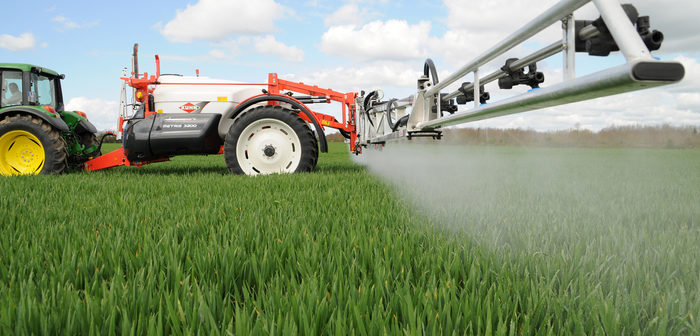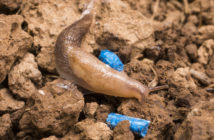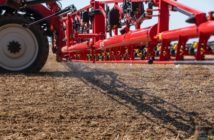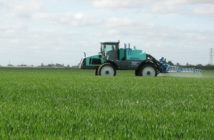An emerging technology deemed ‘ultra-fine bubbles’ (UFBs) is being explored in a £250,000 Innovate UK-funded project, led by MagGrow UK in association with Agri-EPI Centre and the Centre for Crop Health and Protection (CHAP).
The project will initially focus on irrigation for delivery of the UFBs. Using Agri-EPI and CHAP’s shared soil and crop technology facilities alongside soil science expertise at Cranfield University, the project will compare the growth of plants treated with oxygen-containing UFB-water, with that of plants given untreated water. The aim of the study is to determine the effect on root development, nutrient absorption, growth and overall crop yield.
The project team also believes UFBs may have a host of additional applications in farming, including supporting a reduction in the quantity of chemical inputs required when spraying and irrigating crops to control pests and diseases.
Dr Anthony Furness, MagGrow’s chief scientific officer, said they believe UFB technology has “transformative potential” for agriculture. He said: “The versatility of UFB technology, and recent advances in UFB research which have further validated its significance, suggesting too that there is huge potential for their use in advancing spraying and irrigation processes.
“Not only will this help serve to address global food security challenges and the question of how farming can be more sustainable, productive and profitable, it also offers huge potential for new enterprises and job creation across the UK.”
What are UFB’s?
UFBs, also known as nanobubbles, are tiny, very stable and long-lasting bubbles, 100 times smaller than the width of a human hair, or about the size of a virus, which can carry gases, and substances of different kinds on the their surfaces.
They UFBs, which can remain stable and buoyant for long periods of time, typically days and weeks, have a stability and longevity which can offer potential in agriculture for environmentally friendly spraying and irrigation, along with other applications that help address food security and environmental problems.
The use of UFBs containing ozone is already established in medical and industrial disinfection processes to kill bacteria and destroy viruses. UFBs are also used in oil, gas, and mineral extraction processes; pharmaceutical processes; food-flavouring; the production of cosmetic fragrancies; and in wastewater treatment.




